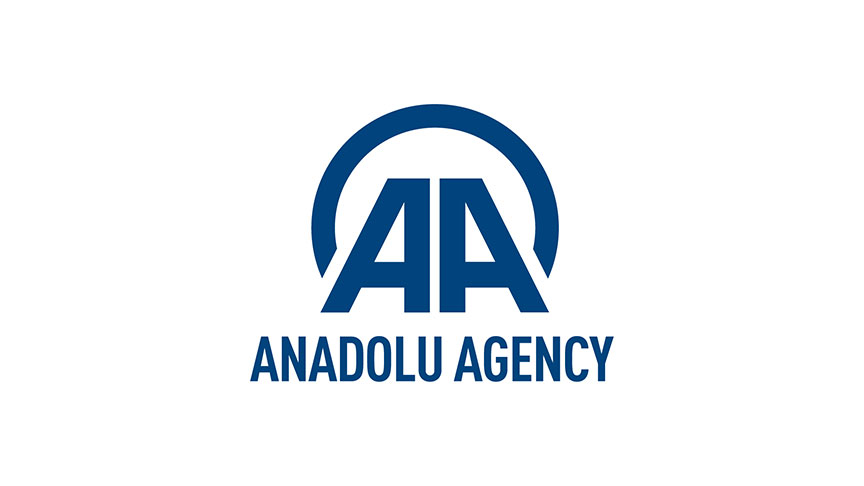-Russians hit the streets over corruption claims
Russia witnessed the largest protests in recent years on Sunday. Thousands rallied on the streets in dozens of different cities, where they protested the recent corruption allegations on the country’s Prime Minister Dmitry Medvedev.
The allegations on Medvedev were first voiced by the anti-corruption foundation last month, the only Russia-based NGO that investigates corruption cases in the country. The NGO is lead by Alexey Navalny, a figure often said to be the leader of Russian opposition and who will also likely compete against Vladimir Putin in the presidential elections next year.
Navalny claimed that thanks to millions of dollars of bribes from the country’s oligarchs and benefits from state-run banks, Medvedev now owns a fortune that consists of luxury estates, lands, yachts, agricultural complexes and wine factories both in Russia and abroad.
The claims indicate that this fortune could be well over $2 billion.
During the protests, around 900 people were arrested in Moscow, including Navalny. The police were seen as using excessive force against the protesters. According to experts, the demonstrations will not lead to a massive chain of protests throughout the country, as the government’s show of force proved a deterrent to would-be protesters.
- Agricultural disagreement between Turkey-Russia
The tension between Russia and Turkey has been revived due to Russia’s support of the Syrian Kurdish groups, namely YPG and PYD, which are the extension of the terrorist organization PKK. And due to Russia’s insistence on not removing the ban on Turkish agricultural products such as tomatoes and cucumbers, tension between the two is now on the rise.
With allegations two weeks previously that Turkey began to apply additional 130 percent tax on imports of Russian grain and corn, Russian officials started to criticize Turkey’s move on Russian products.
However, discrepancies in Russian officials’ statements prevails, as Russia was the side that initially imposed and continues to impose bans on Turkish products. Consequently, Turkey’s purported action on Russian products can be viewed as a counter-measure.
Nevertheless, it is important for the two regional powers and neighboring countries to sit down and discuss the removal of restrictions on mutual trade because it is the citizens of both countries who are suffering.


